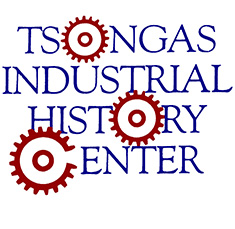Unbroken Bonds: The Meaning of Slavery and Abolition in a Northern Textile City

Explore the connection — and tension — between slavery, capitalism, and abolition in Lowell, Massachusetts, an antebellum, northern textile city. Using primary sources from Black and white Lowellians, students examine Lowellians’ involvement in and reactions to an economic system that profited from the enslavement of African people.
This collection of documents and short essays highlights the antislavery movement in Lowell from multiple perspectives – radical, moderate, and the opposition – to better understand how everyday people responded to the injustices of slavery.
The collection’s six sections examine slavery and abolition through various lenses:- National Events That Influenced Lowellians’ Views on Slavery and Abolition
- Economic and Political Connections between Lowell and Southern States
- Life on a Cotton Plantation: The Cotton Gin and Lowell Cloth
- Black Abolitionists’ Activism in Lowell
- Antislavery Activism in Lowell
- Anti-abolitionists in Lowell
Each primary document is accompanied by a transcript, vocabulary list, and questions. A short essay contextualizes each set of documents. The website also includes a list of activities and suggestions for incorporating the documents into your existing lessons.

This program is funded in part by Mass. Humanities which receives support from the Massachusetts Cultural Council and is an affiliate of the National Endowment for the Humanities.
The Tsongas Industrial History Center is an education partnership between the University of Massachusetts Lowell School of Education and Lowell National Historical Park.
